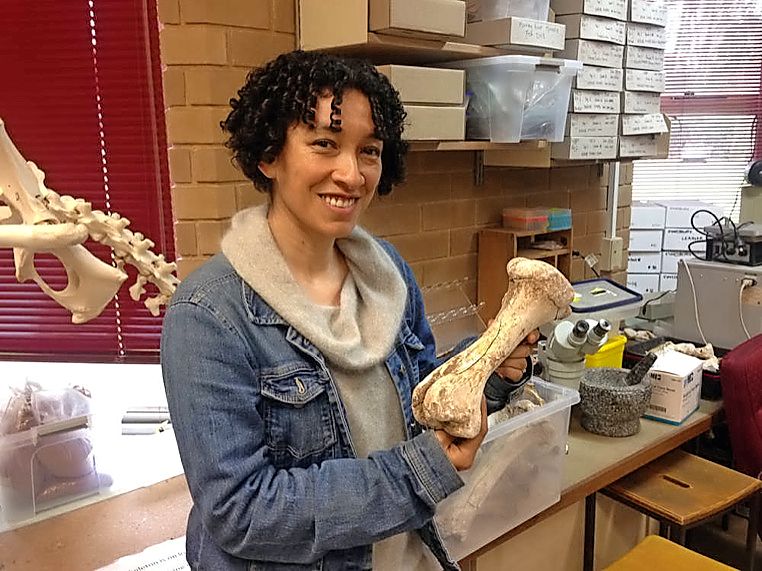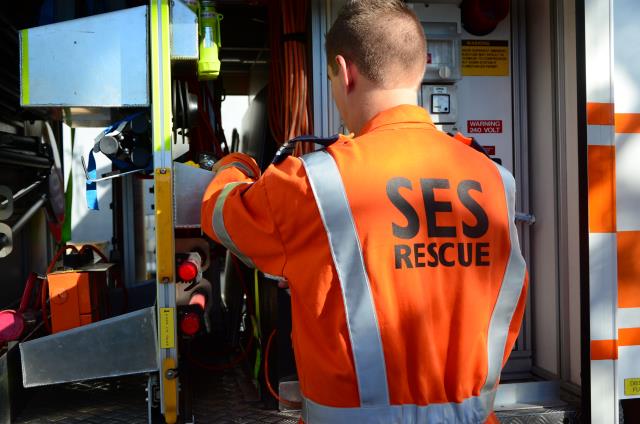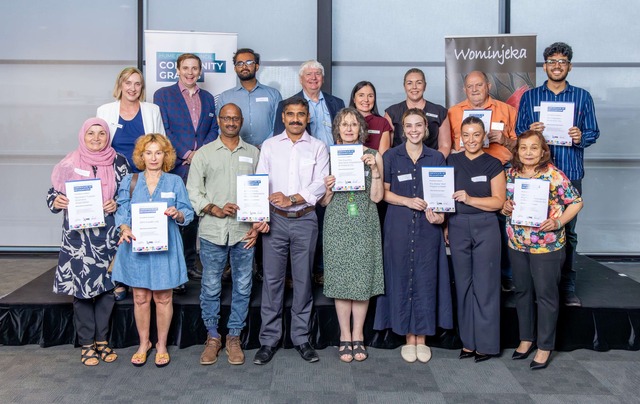A Bundoora-based archaeologist has led an assumption-shattering discovery about the evolution of an indigenous population of Europe.
After studying the DNA of eight Europeans, who died between 3000 and 5000 years ago, La Trobe University’s Cristina Valdiosera and a team of researchers have discovered that the Basques, an indigenous ethnic group who live mostly in north-central Spain and south-western France, are not direct descendants of the hunter- gatherers who lived at least 10,000 years ago.
Their research has found that the Basques’ current population of more than two-million descended from local hunter-gatherers and migrating farmers.
“As a result of this study, we now know their [the Basques’] closest ancestors were in the Neolithic Age [between 10,000 and 2000 BC] and therefore not that ancient,” she said.
Dr Valdiosera said 19 archaeologists, anthropologists and geneticists from Sweden, Spain and Australia had made the findings using the latest molecular technologies.
Their discovery was published last week in the American scientific journal Proceedings of the National Academy of Sciences.
“We analysed the genomes of farmers who lived during the Copper Age, between 3500-5500 years ago, in Spain,” she said.
The human remains were found at the Cave of El Portalón from the world-famous site of Atapuerca.

















